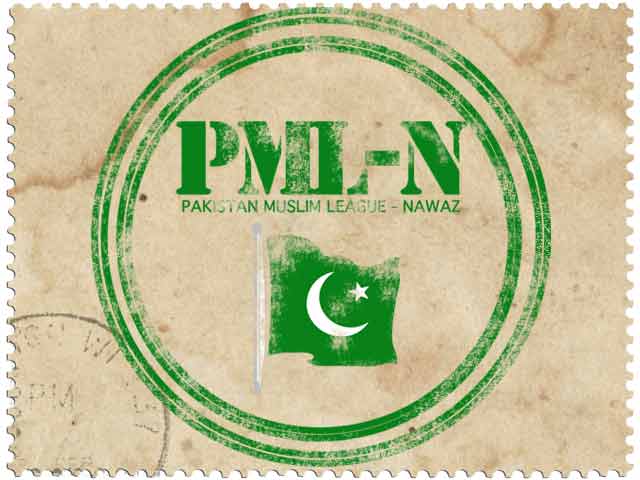Islamabad:
On Wednesday, Pakistan Muslim League-Nawaz (PML-N) submitted additional written arguments before the Supreme Court before the hearing on its review against the July 12 verdict concerning the reserved seats.
Deposed by the main lawyer Haris Azmat, additional submissions argue that the use of article 187 in the July 12 judgment was incompatible with the established legal principles.
The party argued that the SC had exercised its powers under article 187 in a way that deviates from established legal standards.
“The detailed reasoning in paragraph n ° 117, while granting a repair to the PTI, was wrongly based on article 187 of the Constitution. The said conclusions are against the established jurisprudence and, consequently, liable to be revised,” he said.
The appeal also declared that the observations mentioned above were made without citing any judgment or previous past of the SC to support them, which goes against its established jurisprudence.
The judgment also ignored the fact that it was an appeal under article 185, paragraph 3, of the Constitution, contesting a judgment of the High Court of Peshawar, and not a request of public interest under article 184 (3).
In addition, the petitioner had no chance or right to be heard on the question of whether the reserved seats could be granted to PTI, which was not part before the SC or in the previous procedure.
The appeal also argued that the detailed reasoning, making the above observations, had ignored the established jurisprudence of the SC, in particular concerning the limits of the powers of the Court under article 187 of the Constitution.
He quoted, for example, a bench judgment of ten members of SC in judge Qazi Faez Isa and another president of Pakistan, where majority opinion in paragraph 34 only affirmed no person, authority, court or tribunal exercising executive or judicial powers – Canal is not accelerating to a person in violation of the law.
This principle, underlined the appeal, also applies to SC during the exercise of its judicial authority, including under article 187, paragraph 1, of the Constitution.
Although article 187 authorizes the court to adopt any necessary ordinance to make justice complete between the parties, it cannot make any ordinance which contradicts fundamental rights, constitutional provisions or applicable statutory law.
It was pointed out that the conclusions drawn in paragraph n ° 117 of the detailed judgment neglected this coherent legal position. The powers under article 187 can only be used between the parties before the court and strictly in accordance with the Constitution and the Act.
It was glad that these powers could not be invoked to reopen the questions that have already been settled or to solve problems that are not directly under study. The provision did not confer unlimited or uncontrolled authority over the court.
The submission stressed that article 187 does not grant the unlimited powers of the court, noting that the points on which the judgment was founded was never part of the court of the court. He also said that none of the 80 SIC members had personally appeared in court.
He recalled that in his detailed judgment of eight judges, the court stressed that the repair of PTI in this case stems from the concern of the Court to protect the right to vote of the electorate, which is guaranteed under articles 17, and 2) and 19 of the Constitution.
“The procedural formality of acceptance first of the request for PTI and to grant it reparation does not bring much weight when the concern of the Court is the protection of the right to vote of the people (the electorate) guaranteed under articles 17 (2) and 19 of the Constitution, more than the right of any political party – whether sic or PTI or any other party,” the judgment had been noted.
However, the additional call of the PML-N argued that the above conclusions were “so shocking and surprising that even some of the other members of the bench recorded their separate reasoning on the same”, citing the judgment written by judge Amin UD Din Khan and judge Naeem Akhtar Afghan.
Above all, the PML-N maintained that SIC and PTI cannot be treated as the same political entity.
He urged the Supreme Court to reconsider and revised his decision on July 12.
The case will be heard today (Thursday) by a broader constitutional bench of 11 members of the Supreme Court, led by Judge Amicin Khan.




